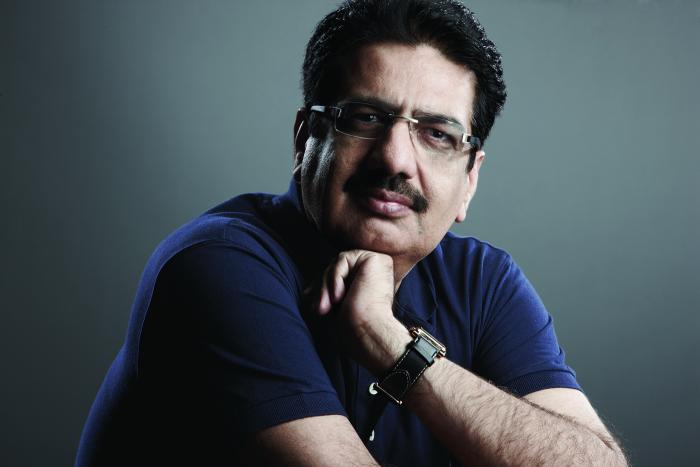The goldmine of the "beginner's mind" has your team tapped it?

Every single day, I come to work curious to see what new innovation I would find at work today. I work with young minds; zealous and restless young leaders who are passionate about changing the world. Among them, I feel a childlike excitement about tomorrow as I share their fresh perspectives on promising answers to problems we are faced with today.
"In the beginner’s mind there are many possibilities, in the expert’s mind there are few," wrote Shunryu Suzuki, the famous Zen teacher and author of Zen Mind, Beginner's Mind. No truer words were written for today's world. The corporate world however has put far too much premium only on experience and expertise. As Managers most of us are guilty of not involving the young members of our team in most decisions or critical projects. We rarely seek their views on subjects of strategic importance and therefore rob our teams and the organization of a goldmine of fresh perspectives, ideas and energy that the Gen Y bring to the table.
There is no doubt that Gen Y has a refreshingly different point of view that adds a new shape to existing thinking. Look around you. Who led the revolutions that have transformed the face of entire countries regions last year? Who has been occupying the hubs of the world, braving icy conditions, refusing to accept status quo? I look around and I see young men and women enthusiastically trying new solutions every day. At my workplace and in the world outside.
Let me give you some recent examples. The environmental experts are crying hoarse about pollution, and the need for hybrids and new automotive standards. Young Param Jaggi, a 17 year old high schooler at Austin College, just went ahead and created an algae-filled device that fits over a car's tailpipe and turns carbon dioxide into oxygen! Jaggi was nominated in the Forbes '30 under 30' list last year or Jonny Cohen, a High school kid who invented aerodynamic air shield for the front of school buses that reduces fuel use by 25%.
Political leaders and international experts have been trying for half a century to mend fences between India and Pakistan. In the meantime, a clutch of young students from both countries have simply gone to work. They have launched YGL Indo-Pak Cooperation Initiative to find solutions to real problems caused by real issues such as climate change and water scarcity. Malini Mehra, a member of the initiative, wrote this about their work during the unprecedented floods in Pakistan and beyond: "We raised funds but we went beyond fundraising to use action on the floods as a strategic entry point to more effective people-to-people diplomacy. Over the past year, a small core group of us – Indians and Pakistanis – created a Task Force on Indo-Pak relations and beavered away to create links and platforms for action."
Listen to these young people. They have the courage and conviction to think afresh and make a positive change. As World Economic Forum founder and executive chairman Klaus Schwab pointed out at the World Economic Forum Meet at Davos this year, the old ways of fixing things have become dated and ineffectual. The future rests on “collaborative power” – that is, “the integration of empowered newcomers” into the decision-making process.
I couldn't agree more. It's time we opened the windows and let in some fresh air of naivety.

